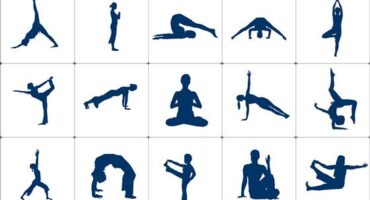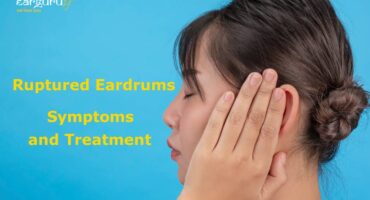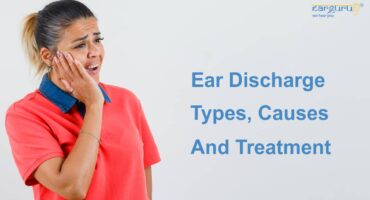Are you in your 40s or over 50? Are you regularly exposed to loud sounds, whether from traffic on your commute to office, machinery at your workplace, or even the high volume of your favourite music? You might be surprised to learn that these everyday sound exposures, which you may find normal, could be a subtle cause of hearing loss. Read on to learn 10 such signs of hearing loss that may indicate that you are experiencing hearing loss and should consult an audiologist.
Everyday Noise Levels and Their Impact
Did you know that noise levels exceeding 85 decibels (dB) can be harmful to the delicate human ear? In many bustling Indian cities, the constant traffic noise easily surpasses this 85 dB threshold.
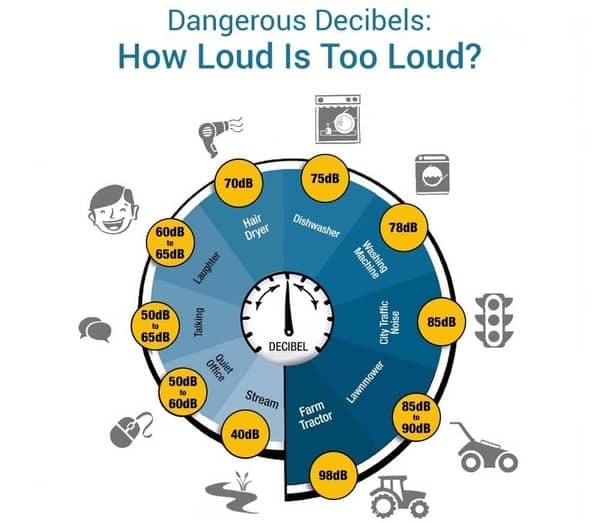
This level escalates even further when construction activities are underway. Even seemingly harmless household appliances like hair dryers and washing machines operate in the 70 to 80 dB range.
How Can You Detect Hearing Loss in Yourself or Loved Ones?
Often, the individual experiencing hearing loss is unaware of the subtle changes in their hearing ability, as the loss is gradual. It’s often those around them who first notice the telltale signs and symptoms of hearing loss. If you or someone close to you exhibits the following signs, a professional hearing test, or audiometry, is recommended for confirmation.
Common Signs of Hearing Loss to Watch For
1. Difficulty Following Conversations
One of the prominent signs of hearing loss is struggling to keep up with conversations, especially in noisy environments. Individuals might frequently miss words when in a group setting, like a busy restaurant or a public gathering.
2. Requesting People to Repeat Themselves
One of the common signs of hearing loss is the need to request others to repeat themselves. This happens because the affected person often misses certain words or parts of sentences.
3. Increased Irritability
An early sign of hearing loss in adults is complaining that others, particularly children or women, aren’t speaking clearly. This happens because their voices tend to be higher pitched, indicating a reduced ability to hear high-frequency sounds. This is known as high-frequency loss and is one of the signs of deafness.
4. Increased Difficulty Understanding on the Phone
Phone conversations can be particularly challenging for those with hearing loss. The lack of visual cues (like lip reading) makes it harder to fill in the gaps of missed sounds. They might find themselves frequently requesting the caller to repeat themselves or speak louder on the phone.
5. You are watching lips instead of eye contact
Do you ever notice yourself focusing on the speaker’s lips instead of maintaining eye contact during a conversation? While eye contact during a conversation is the social norm, this habit could be a subtle sign of hearing loss. What you’re unconsciously doing is lip-reading, a strategy many with hearing impairment use to understand spoken words they might otherwise miss audibly.
6. Turning Up the Television Volume Excessively
As hearing loss progresses gradually, individuals tend to increase the volume of the television or other audio devices to compensate for the hearing loss. At times, the increased level can be uncomfortably loud for others in the household.
7. Missing Telephone Rings or Doorbell
Telephone ringers and doorbell sounds mostly fall within the high-frequency range. Someone experiencing high-frequency hearing loss, an important sign of deafness in adults, may fail to hear these sounds altogether. This can be a safety risk if the person is alone at home and misses important calls or courier deliveries.
8. Difficulty Locating the Direction of Sound
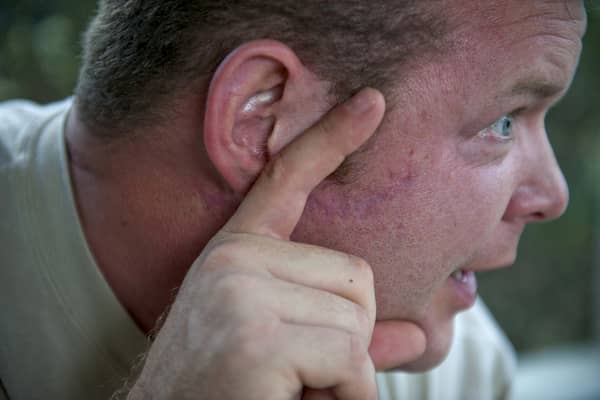
If someone calls out and the person turns in the wrong direction to locate the source, it is a subtle sign of hearing loss. Our two ears work together to pinpoint the origin of a sound. When hearing loss is unequal between the ears (a difference in hearing ability between the left and right ear), accurately determining the direction of the sound becomes difficult. Typically, our brain analyses the signals from both ears and directs us to turn towards the ear receiving the stronger sound.
9. Experiencing Fatigue After Conversations
People with hearing loss often report feeling unusually tired or exhausted after engaging in lengthy discussions, whether at work or with family. This fatigue is due to the extra mental effort required to concentrate and process what is being said. The constant fear of missing out on crucial information adds to the mental (cognitive) strain, leading to exhaustion. Leaning forward or straining to hear are also signs of hearing loss.
10. Avoiding Social Gatherings
Avoiding social functions and parties is the result of unaddressed hearing loss. The difficulty in participating in group conversations among friends and relatives can lead to feelings of isolation. Recent research has highlighted the link between social isolation due to hearing loss and an increased risk of depression.
Recognizing these behavioural changes as potential signs of hearing loss is important.
Take Proactive Steps to Detect Hearing Loss Early
If you or someone you know exhibits the above signs, then proactive measures, including regular hearing tests, are highly recommended. An Audiologist is the qualified professional who conducts a thorough hearing test to accurately detect the type of hearing loss and the degree of hearing loss.
It’s important to schedule an appointment with an Audiologist if you have any concerns about your hearing. The sooner signs of hearing loss are identified, the quicker you can seek professional advice. Early intervention and timely treatment can often help manage and potentially prevent further deterioration of your hearing. In a significant number of cases, hearing loss is a consequence of the natural aging process or prolonged exposure to excessive noise. Recognizing the early signs of hearing loss is the first step towards taking control of your auditory health.
Hearing Loss is More Common Than You Think
According to the fact sheet on the website of World Health Organization (WHO), it’s estimated that over 1.5 billion people worldwide live with some degree of hearing loss, and 1 billion young adults (aged 12-35 years) are at risk of permanent, avoidable hearing loss due to unsafe listening practices. (listening to loud music)
